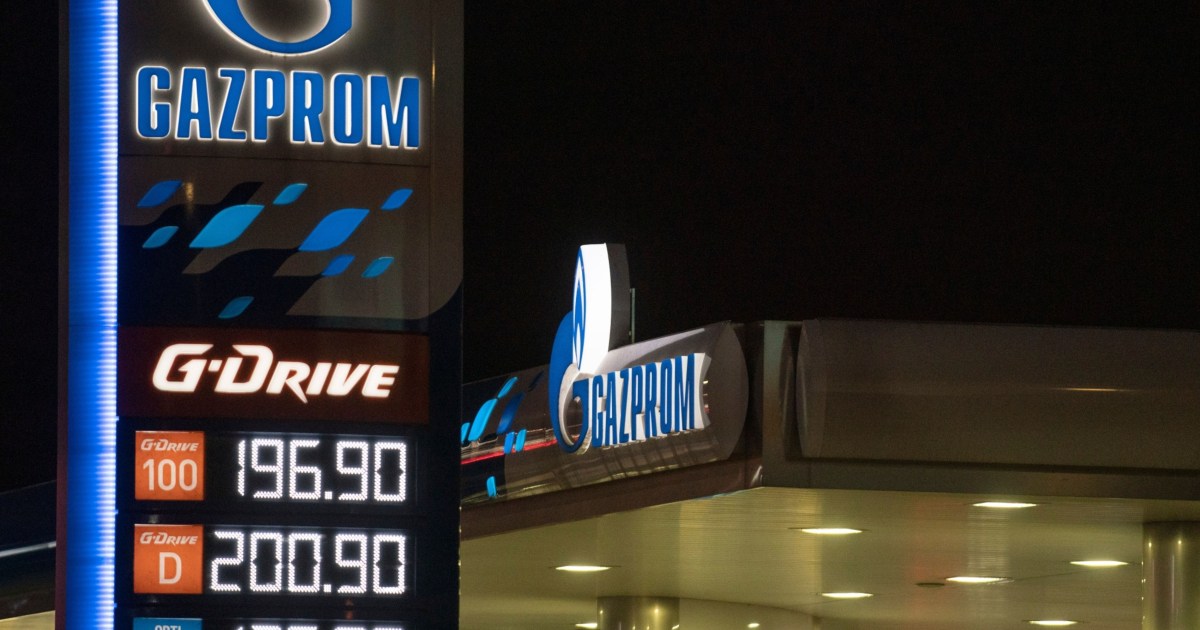Iraqi Government Declares Emergency
"We have decided to declare a state of emergency throughout Iraq except for Kurdistan in the north, for 60 days," interim premier Iyad Allawi’s spokesman told a Baghdad news conference, reported Agence France-Presse (AFP).
Thaer Naqib said the decision comes in response to mounting violence in the country.
"These crimes are being committed by criminals and terrorists trying to derail the efforts of the government, "he said.
The spokesman argued that "terrorist" attacks are meant to derail plans to hold the general elections in next January.
"The government has tried all peaceful solutions and carried out all possible communication to establish a peaceful solution," he claimed.
At least 12,000 troops, including four US military brigades and one Iraqi brigade — are ringing the restive city of Fallujah, with a massive onslaught looming large.
Allawi said on October 31 the standoff entered its "final phase."
Negotiations between the US-backed interim government and delegates from the town collapsed in mid-October after Allawi threatened the city with invasion if it did not surrender Iraq’s most wanted man, Abu Musab Al-Zarqawi.
The Fallujah people have repeatedly maintained that they did not harbor the wanted man.
Sweeping Powers
Under the state of emergency, the interim Iraqi government has sweeping powers reminiscent of the authoritarian rule of ousted president Saddam Hussein’s regime.
It allows the government to search houses and workplaces, demand arrest warrants and restrict the movement of Iraqis and foreigners on the mere suspicion of being involved in a crime.
The emergency state authorizes the interim government to impose a curfew in a certain area where there is a security threat, explosions or unrest, and cordon off the area to conduct searches.
The government will also be able to intercept and monitor letters, electronic communications and telephone calls in the chaos-marred country.
It can, as well, freeze assets of those accused of conspiracy or anyone linked to them, ban political meetings, close public places, clubs, companies or limit their hours of operation and place them under guard.
The state of emergency allows the interim government to take speedy military and security decisions and measures and seek the assistance of the US-led forces for large-scale operations.
Emergency cannot be declared for more than 60 days but the government is able to renew the period every 30 days with a letter of approval from the prime minister, the president and vice presidents.


